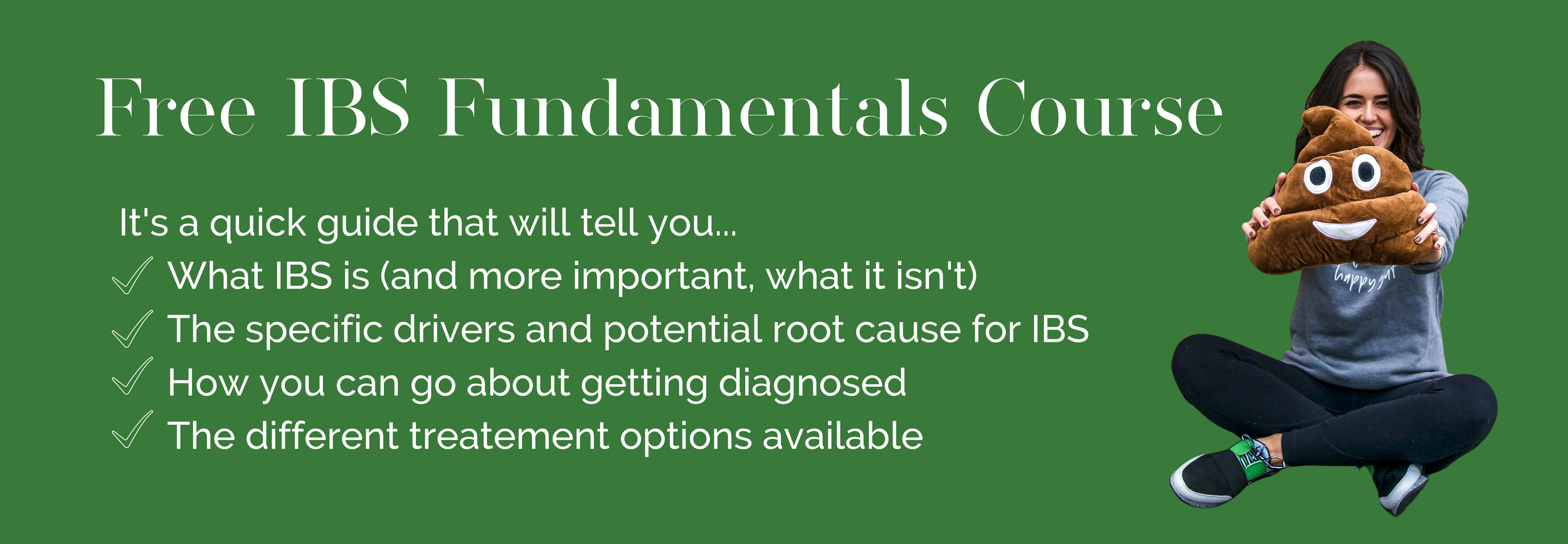What Does Bloody Poop Mean?
If you’ve ever seen blood in the toilet after pooping, you know it can be scary. I get it.
While bloody poop shouldn’t be your normal, it isn’t always a cause for alarm. So if you’ve recently experienced this, I hope this blog provides more information to better understand what your body may be communicating to you.
What color are you seeing?
Understanding bloody stool first comes with knowing what you’re looking at, which comes down to the hue of red you see. If you see bright red blood, this can mean there is bleeding at the end of the colon or rectum. The most common causes of this are hemorrhoids and anal fissures. If you see bright red and fresh blood, take a moment to check out your body. You can do this with a handheld mirror or have a partner help you. Look for any tears or changes to the outside of your anus and around the sphincter. If you are a menstruating individual, you can also assess whether you are currently menstruating.
If you do notice fissures or hemorrhoids, focus on keeping the area as clean as possible, avoid straining, and help soften stool with more hydration, kiwi, or a stool softener. This will help the body heal without worsening the problem. If things do not improve, you can schedule an appointment with your doctor to better assess the problem.
What’s your poop personality? Find out here!
Dark red or maroon blood means there may be bleeding higher in the colon or small bowel. This color can be more concerning because it could be a sign of diverticulitis, inflammatory bowel disease (IBD), or colon cancer. This can also mean you’ve recently eaten beets or foods with red food coloring. If you notice this color, it may help to take a picture to best document it and look for any patterns. If this continues over a couple of days and you notice more symptoms overall, call your doctor and show the pictures as part of that conversation, so they can best assess what may be going on.
Dark and tar-like stool may be a sign of bleeding in the stomach, typically caused by ulcers. This may also come with symptoms like stomach burning, more belching and reflux, and stomach pain. This color can also be associated with eating a large amount of blueberries and black licorice, so keep that in mind. Like the dark red and maroon blood, take a picture, look for patterns, assess other symptoms, and communicate this to your doctor if it repeats.
Time to panic?
Blood in your poop isn’t always a reason to panic.
Sometimes your body is communicating something to you that is a concern, so the best thing you can do is take pictures, right things down in a note on your phone or a symptom journal, and take note of all medications, supplements, and foods you’ve eaten leading up to the blood you see. Once you have that information, you can take it all in to your doctor and work as a team to figure out what’s going on in your body.
If you do notice any bleeding gets worse over a day and the pain you’re experiencing is significant, that would be a sign to go to the ER or urgent care as quickly as you can. Don’t forget to bring any supplements or medications you take, plus your food journal if you have one, so you can share that with the provider you see. Especially if they aren’t your doctor who already has that information.
Sources:
https://www.uptodate.com/contents/blood-in-the-stool-rectal-bleeding-in-adults-beyond-the-basics/print
https://www.webmd.com/digestive-disorders/blood-in-stool
https://my.clevelandclinic.org/health/symptoms/14612-rectal-bleeding#:~:text=Rectal%20bleeding%20is%20a%20symptom,bowl%20or%20in%20your%20stool.
https://www.healthline.com/health/blood-when-i-wipe#blood-in-stool-causes
Are you frustrated with your IBS symptoms? Do you desire to be confident in your food choices? Do you want to have a healthier relationship with your body and diet? Are you ready to take control of your IBS?



